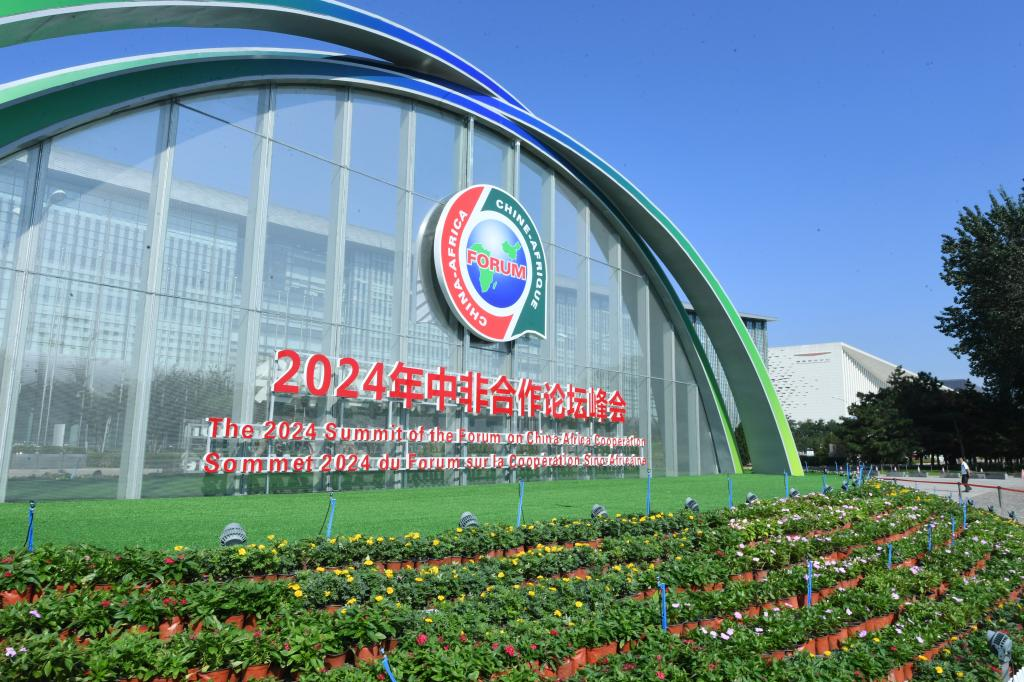
By Elizabeth Antidius Shumbusho | Africa Guardian
This week, African leaders are gathering in China for a pivotal meeting with President Xi Jinping, marking a significant moment in Beijing’s efforts to enhance its influence on the continent amid subtle competition with Western nations. The China-Africa Summit, running from September 4 to 6, will provide a platform for discussions on policies and cooperation agreements between African leaders and China, the continent’s largest lender and investor. These agreements are expected to shape the trajectory of China-Africa relations for the coming years.
According to China’s Ministry of Foreign Affairs, the summit is the “largest diplomatic event” China has hosted recently, featuring the highest attendance of foreign leaders. It is described as a “grand reunion” of the China-Africa family. Previous summits have secured China access to Africa’s raw materials while channeling investment into African nations.
“China remains steadfast in its commitment to deepen solidarity and cooperation with Africa,” the ministry stated.
Summit Objectives
The Forum on China-Africa Cooperation (FOCAC), established in 2000, is held every three years, with the 2024 summit being the ninth edition. This year’s discussions will focus on industrialization, agricultural development, security, and cooperation related to China’s Belt and Road Initiative—a massive infrastructure project connecting China with several continents.
The official summit theme is “Joining Hands to Advance Modernisation and Build a High-Level China-Africa Community with a Shared Future.” Highlights of the summit will include a welcoming banquet, an opening ceremony, four general summits, and numerous bilateral meetings with President Xi.
The timing of the summit is strategic for China as it seeks to counterbalance the influence of the United States and Europe in Africa. Although other global powers such as the US, Japan, India, and Russia also engage with African leaders, China remains unparalleled as the continent’s top economic partner. This summit offers China a chance to assert its global presence and strengthen its diplomatic ties, particularly given Africa’s significant voting power at the United Nations.
Business and Investment Focus
China is anticipated to use the summit to increase its investments in Africa and seek better access to critical minerals such as lithium, copper, and cobalt. The country will likely promote its renewable energy products and recent technological investments.
African leaders, in turn, are expected to address past summit pledges and seek more cooperation, especially in ensuring that Chinese companies refine raw materials locally. This approach aims to boost revenue and create job opportunities for Africa’s growing youth population.
Attendees
The summit will host at least 53 African heads of state or their representatives, alongside ministerial delegates. Eswatini, the only African nation maintaining diplomatic ties with Taiwan, will be absent. UN Secretary-General Antonio Guterres and several international and regional organizations will also attend as observers.
China’s Investment in Africa
China is Africa’s largest trade partner, with a quarter of the continent’s exports—primarily minerals, fuels, and metals—going to China. Approximately 16 percent of Africa’s imports come from China, with trade volume potentially reaching $300 billion by 2035.
China is also Africa’s largest creditor, having committed $191 billion in investments between 2006 and 2021. Many of these investments involve grants, credit, and loans for major infrastructure projects. While about $155 billion of these promised loans have been implemented, transparency issues often obscure the full scope of Chinese financing.
China’s foreign direct investment in Africa has surpassed that of the US for over a decade, according to the China-Africa Research Initiative at Johns Hopkins University.
Controversies
Chinese investments have faced local resistance, particularly concerning environmental issues. In Uganda, activists protested a Chinese-backed oil pipeline project, citing concerns about displacement and environmental damage. Additionally, China has been criticized for not addressing unsustainable practices such as illegal logging, which has been linked to armed conflicts in countries like Mozambique.
Critics also accuse China of using “debt diplomacy” to ensnare African nations in unmanageable loan agreements. Zambia, for instance, has faced significant debt challenges, with over $18 billion in external debt by the end of 2022, 12 percent of which was owed to China. Despite reaching a debt restructuring agreement, concerns about China’s intentions persist.
China has consistently denied allegations of debt entrapment, arguing that its investments are widespread and not part of a deliberate strategy to impose debt burdens.
___
